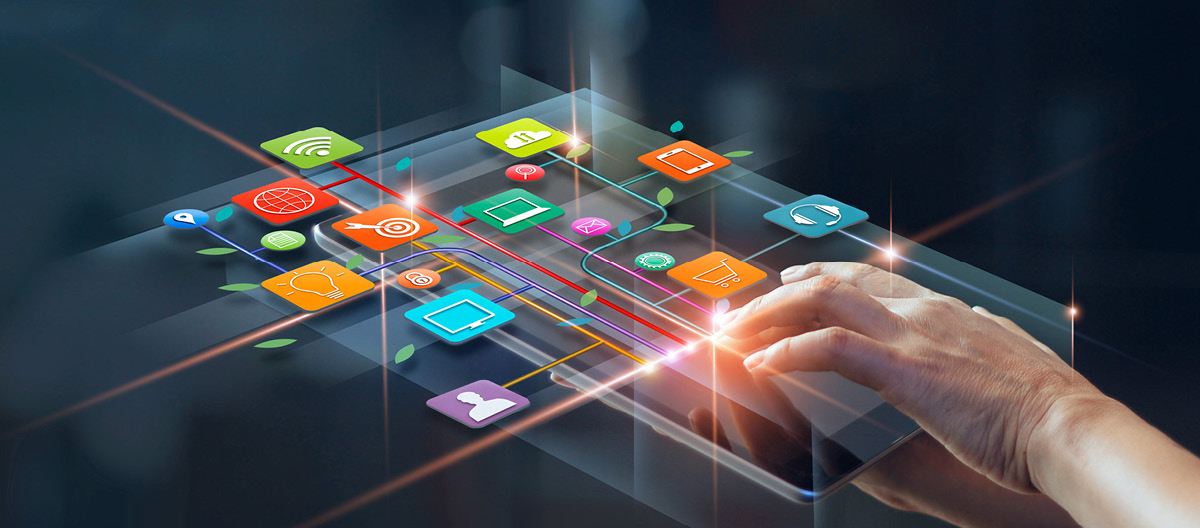
Digital Culture Marketing: Interaction between Digital Culture and New Marketing Trends
26 June 2024Digital culture has revolutionized the marketing landscape, giving rise to “Digital Culture Marketing,” an approach that deeply integrates the technological innovations of the digital world into marketing strategies. This phenomenon results from the increasing interconnection between people, technology and digital content, which influences consumer behaviour and market dynamics.
Digital culture has transformed how companies communicate. An emerging trend is experiential marketing, which aims to create memorable experiences through the use of immersive technologies like augmented reality and virtual reality.
This phenomenon is not new, but its growing importance is parallel to technological development.
As early as 2010, it was evident how social media, with its two-way communication, would become key platforms for branding and marketing (Kaplan and Haenlein – 2010), and how integrating the internet with marketing and selling processes was a defined path to improving business performance even in the B2B world (Järvinen et al. – 2016).
A well-known example is Nike’s success on Instagram, where its user-generated content strategy demonstrates how active community participation can strengthen brand identity and increase customer loyalty.
Today, the most important evolution concerns the use of artificial intelligence: personalizing the consumer experience through massive data analysis can improve customer satisfaction and increase sales (Kumar et al. – 2019).
Digital culture has also changed consumer behaviour, making them more informed and demanding. Today, people expect transparency and authenticity from brands and are more inclined to support companies that demonstrate a concrete commitment to sustainable practices (Sheth and Parvatiyar – 2021).
Patagonia, known for its sustainability-focused marketing campaigns, is an example of how a brand can use digital culture to promote ethical values and attract conscious consumers.
Success today lies in the ability to understand and exploit the opportunities offered by digital culture to create unique and meaningful experiences for consumers.
Bologna Business School’s 12-month, full-time Master in Digital Marketing and Communication, English language, aims to provide all the tools to integrate the key concepts of digital communication and social networks with the most modern marketing theories. This cutting-edge educational program prepares participants to become leaders in the communication and marketing world.
